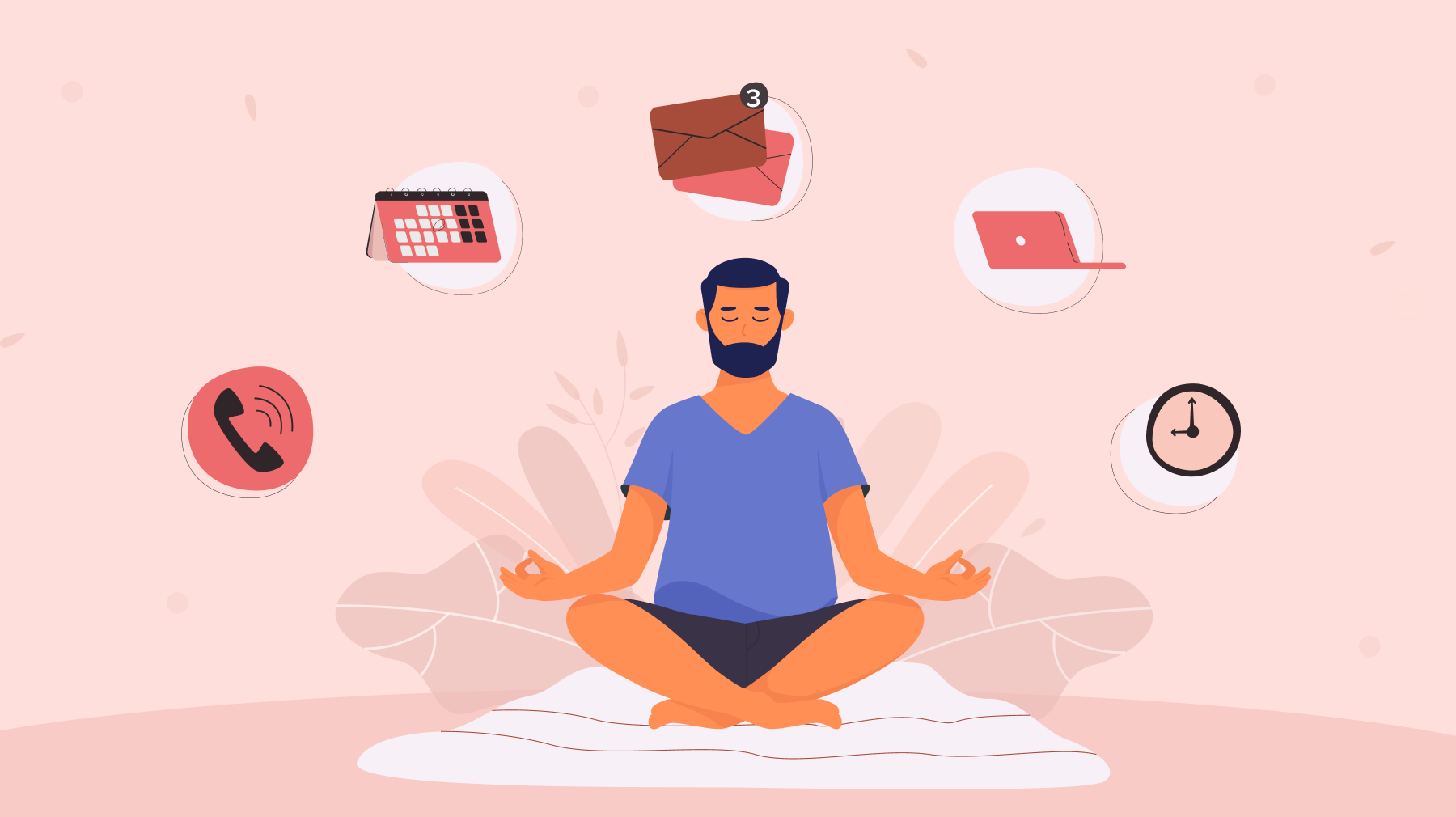Effective Stress Management Techniques to Regain Balance in Life

Stress has become an unavoidable reality of modern-day life that affects almost everyone to some degree. When left unmanaged, stress can negatively impact our overall health, well-being, and happiness in significant ways. This is why actively developing science-backed techniques to counteract and relieve stress effectively is so crucial.
By learning stress management strategies tailored to your unique situation along with making time for self-care, you can prevent everyday stressors from becoming overwhelming or harmful. Here are some of the top methods to mitigate stress:
Make Physical Activity and Exercise Part of Your Routine
One of the most effective ways to combat stress is through regular exercise and physical activity. Just 30 minutes per day of moderately intense exercise that raises your heart rate, such as brisk walking, cycling, running, or kickboxing, helps release built-up muscle tension while also boosting mood thanks to the release of endorphins.
Aim to incorporate exercise you actually enjoy into your schedule on most days, in both short bursts and longer periods that fit your capabilities and preferences. The mental health payoff is well worth making just a little time for exercise.
Adopt Meditation and Mindfulness Practices
Meditation has been scientifically shown to activate relaxation responses in the body and bring focused awareness to the present moment, two effects that counteract the “fight or flight” stress response. Even short 5-10-minute daily meditation sessions can provide cumulative benefits.
Apps like Calm and Headspace provide guided meditations and mindfulness exercises tailored to your needs, from reducing anxiety to improving sleep. Over time, developing presence through meditation provides a reservoir of calm to tap into.
Follow Healthy, Stress-Reducing Eating Habits
What we eat and drink impacts stress levels, for better or worse. Caffeine, refined carbs, sugar, and unhealthy fats provide fleeting energy that then leads to crashes which deplete reserves needed to handle stressors. Staying well hydrated and focusing diet around whole, nourishing foods like fruits, vegetables, healthy fats, and lean proteins sustains energy. Limit junk food gorging when stressed.
Prioritize High Quality, Restorative Sleep
Insufficient or poor sleep significantly worsens stress reactions and impairs concentration, mood, and performance which creates more stress. Adults need 7-9 hours of quality sleep per night. Follow a consistent sleep schedule, limit blue light exposure from screens before bed, avoid stimulants like caffeine after noon, and make your bedroom a sanctuary to promote deep, uninterrupted sleep and recharging.
Take Control Over Scheduling and Time Management
When demands feel out of control, it fuels perceptions of stress. Take back control by honing time management skills like using productivity methods to identify priorities, creating routines and schedules, setting boundaries on obligations, avoiding procrastination, and learning to say no to maintain balance. Efficiency and organization reduce feeling overwhelmed.
Nurture Supportive Social Relationships
Research confirms that loneliness and isolation exacerbate stress symptoms while social belonging buffers against negative effects. Seek community through social groups, networking events, community centers, and volunteering. Nurture relationships that provide positive social support and give support in return. Stay connected.
Engage in Relaxing Hobbies and Creative Pursuits
While urgent demands eat up free time, carving out space for leisure activities provides necessary recharging. The arts, reading, crafting, gardening, or any hobby you find immersive and enjoyable act as a short-term escape from daily worries. Build respites into each week.
Seek Out Professional Therapy or Counseling Help
If intense or persistent stress is disrupting your quality of life, speaking to a therapist or counselor provides needed support as well as customized coping strategies based on your unique situation. There is no shame in seeking professional guidance to get back on track.
Limit Reliance on Unhealthy Short-Term Coping Behaviors
It’s tempting to reach for a drink, smoke, junk food binge, or zone out on screens to provide quick relief from feeling overwhelmed. But these behaviors ultimately exacerbate stress. Channel the urge into healthy alternatives like exercise, calling a friend, or journaling. Address root causes.
Incorporating research-backed stress management tools suitable for your lifestyle empowers you to take control of your health and well-being. Making time for self-care prevents everyday stress from spiraling out of control.

